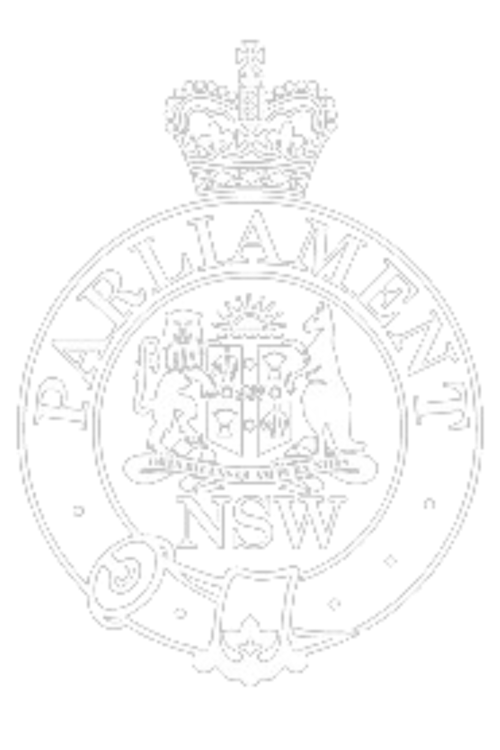Ms CHARISHMA KALIYANDA (Liverpool) (15:40): I support the Institutions Legislation Amendment Bill 2023, which amends a series of establishing legislation for four separate institutions. In combination, these amendments provide updates to enable the work of these bodies to be conducted efficiently and appropriately, and to reflect developments in their practices. As other members mentioned previously, legislation like this can seem quite process orientated, but it is quite important. It means that the laws under which our community lives are the most appropriate, the most up to date and reflect the reality our community lives in.
Specifically, the bill amends the Legal Aid Commission Act, Legal Profession Uniform Law Application Act, Personal Injury Commission Act and the Royal Institute for Deaf and Blind Children Act of 1998. I will focus on two of these institutions in particular, first of all, the Legal Aid Commission. Under these amendments, the board of the Legal Aid Commission can establish legal aid review panels to hear and determine appeals about the provision of legal aid. As many members would know, legal aid has a very important role within our community. A fundamental tenet of our system is that those who are unable to afford or access legal advice in any other way be able to do so fairly through the system of legal aid.
These amendments seek to ensure that people within our community who seek review of decisions can do so more effectively and more in line with their current reality. Just last week, I was at an event for some vulnerable people within my community, and I was pleased to see that Legal Aid NSW had a presence at that engagement activity and was able to provide support, advocacy and advice through that mechanism. In that way, these amendments seek to ensure that more people within our community can be protected and are aware of their rights and responsibilities and the opportunities the Legal Aid NSW provides to them, and should provide to them, through our system.
The other institution I highlight is the Royal Institute for Deaf and Blind Children, now known as NextSense. The changing of the name is one aspect of bringing it in line with the current state of play. The amendment of the object of the Institute reflects the current approach towards dealing with those with disabilities. I was particularly pleased to see that the inclusion of carers and support services across the life span is part of the object. Under the amendment, the object would read:
(1)The object of the Institute is to provide support and services to the following—
(a)persons living with hearing or vision loss,
(b)the families of persons living with hearing or vision loss,
(c) persons or bodies involved in providing care, support or other services to persons with hearing or vision loss.
That is incredibly important, as we as legislators, as a community and as a society grapple with the impact on those living with disabilities and the supports required right across their life span. Including those in the object of the Institute importantly brings the legislation in line with the reality lived by people within our community. The amendments also seek to change the administrative arrangements for its governing structure. As many of us would be aware, service provision and the institutions that support this area need to have strong and robust governing regulations, which is exactly what this seeks to do. For all of these reasons, I commend the bill to the House. I also thank the Attorney General and his staff for ensuring that these important amendments are made.


